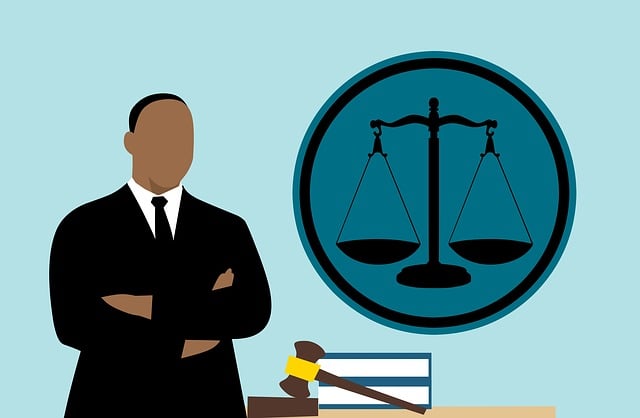Youth DUI Prevention Programs are integral in combating underage drinking and driving, employing interactive workshops, community engagement, and peer mentoring to promote responsible decision-making among young people. These programs, including rehabilitation for teen offenders, utilize evidence-based practices such as counseling, group therapy, and educational sessions to address underlying behavioral issues, build resilience, and enhance coping mechanisms. By providing safe spaces for emotional expression, goal setting, and peer learning, they empower teens to avoid impulsive choices, successfully reintegrate into society, and prevent devastating accidents.
“Teen Rehabilitation Back on Track” explores the crucial journey of youth recovery from DUI. With a focus on understanding the profound impact and startling statistics behind Youth DUI, we delve into identifying risk factors that drive teen drinking and driving. The article highlights effective prevention programs making significant differences in communities, while exploring rehabilitation approaches tailored to help teens recover and reintegrate. We also examine community support systems vital for long-term success, offering a comprehensive view of Teen Rehabilitation. Key keywords: Youth DUI Prevention Programs.”
- Understanding Youth DUI: The Impact and Statistics
- Identifying Risk Factors: What Leads to Teen Drinking and Driving
- Effective Prevention Strategies: Programs Making a Difference
- Rehabilitation Approaches: Helping Teens Recover and Reintegrate
- Community Support and Long-Term Success: A Comprehensive View on Teen Rehabilitation
Understanding Youth DUI: The Impact and Statistics

Youth DUI, or driving under the influence for minors, is a pressing issue that demands immediate attention. The impact on young lives and future prospects is profound. According to recent studies, teens are at a significantly higher risk of being involved in alcohol-related vehicular accidents compared to adults. These incidents often lead to severe injuries, fatalities, and long-lasting legal consequences.
Statistics reveal alarming trends, with many cases stemming from experimental or peer pressure-driven drinking. Youth DUI Prevention Programs play a pivotal role in addressing this crisis. Through education, counseling, and support groups, these programs aim to raise awareness about the dangers of underage drinking, promote responsible behavior, and offer guidance for those struggling with addiction.
Identifying Risk Factors: What Leads to Teen Drinking and Driving

Teen drinking and driving, or Youth DUI, is a significant concern for parents, educators, and policymakers alike. Understanding the risk factors behind this behavior is crucial in designing effective prevention programs. Several elements contribute to a teenager’s decision to drive under the influence of alcohol, including peer pressure, curiosity, and access to alcoholic beverages. In many cases, young people may not fully comprehend the consequences of their actions until it’s too late.
Social environments play a pivotal role, with peers often influencing each other’s behavior. Marketing and media also contribute by glamorizing drinking culture, which can desensitize teens to its dangers. Preventive measures should focus on raising awareness about the immediate risks, such as impaired judgment and increased likelihood of accidents, while also addressing long-term implications like legal repercussions, academic setbacks, and negative impacts on future job prospects.
Effective Prevention Strategies: Programs Making a Difference

Rehabilitation Approaches: Helping Teens Recover and Reintegrate

Rehabilitation plays a pivotal role in helping teenage offenders recover and reintegrate into society. Effective approaches focus on addressing the underlying causes of their behavior, often involving individual counseling, group therapy, and educational workshops. These programs aim to enhance coping strategies, build resilience, and foster positive decision-making skills, empowering teens to resist future temptations.
Youth DUI Prevention Programs, for instance, not only educate young individuals about the dangers of alcohol consumption but also provide a supportive environment to process emotions, develop personal goals, and learn from their experiences. By combining evidence-based interventions with holistic support, these rehabilitation initiatives equip teens with the tools necessary to turn their lives around and successfully transition back into their communities.
Community Support and Long-Term Success: A Comprehensive View on Teen Rehabilitation







